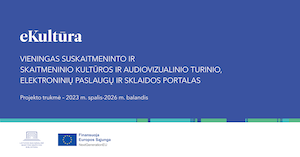13th International Conference of Young Folklorists
(1).png)
Since the beginning of time, the existence of the light was inseparable from the darkness. In folklore material of various cultures, darkness could take the shape of a mythological being or to be perceived as looming threat and danger. It could inhabit words, deeds, and wishes, enabling people to believe in dark magic, curses, actions that could bring harm and misfortune. It could also be attributed to the violence and crimes that took place in the community, as well as be seen as a power that can influence people to make questionable or condemnable choices.
However, sometimes even an academic approach cannot or would not cast enough light onto the matters of certain topics, leaving particular parts in the darkness. This kind of modus operandi might even alter the views on traditions and folklore nationwide, as (un)consciously silencing disagreeable subjects might leave a wrong impression of it not existing in the first place.
13th International Conference of Young Folklorists will aim to explore topics that in traditional cultures were considered uncomfortable, immoral, a taboo, hid in the darkness not only because of people who did not wish to converse in them, but also by folklorists who seemed to deem them disagreeable, improper, not worthy to write down.
ZOOM links:
Section 1 Conference Room
https://us02web.zoom.us/j/
Meeting ID: 898 2610 3960
Passcode: 029838
Section 2 Archive Room
https://us06web.zoom.us/j/
Meeting ID: 828 1369 1306
Passcode: 872975
Section 3 Maironis Room
https://us02web.zoom.us/j/
Meeting ID: 890 7250 9786
Passcode: 183083

.png)
.png)

This project has received funding from the Research Council of Lithuania (LMTLT), agreement No S-LIP-24-5 and has been performed in a cooperation with "Nordic Culture Point".





